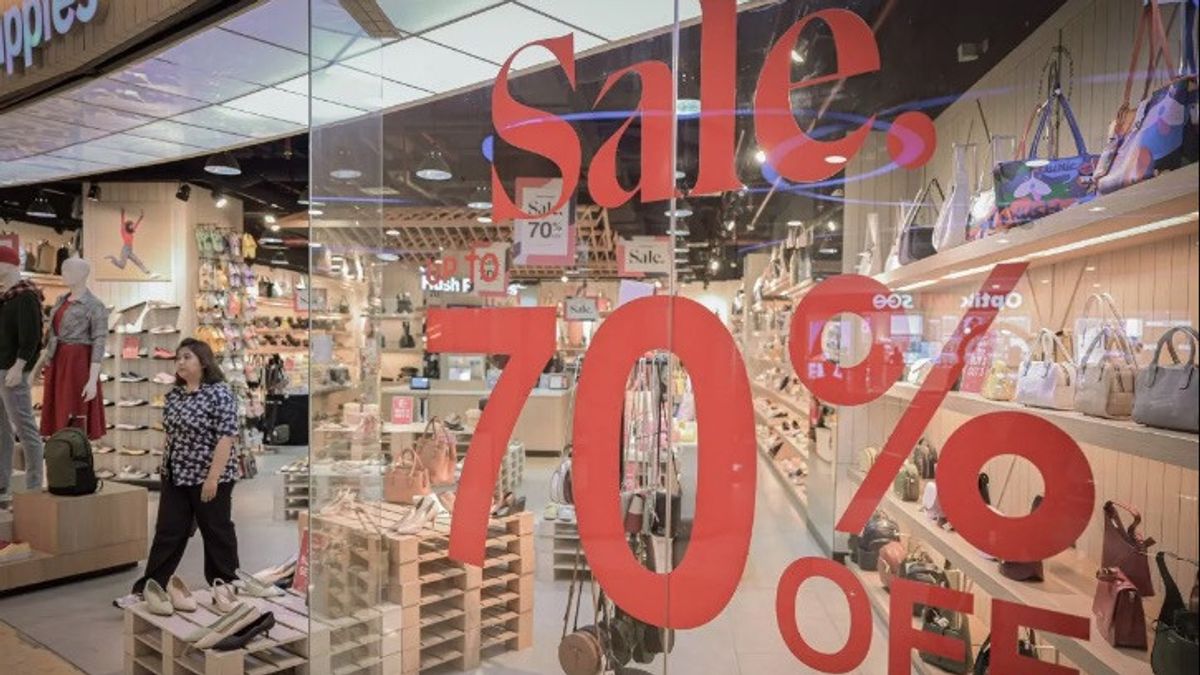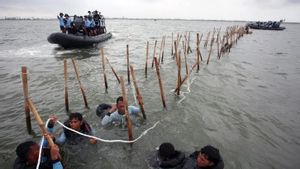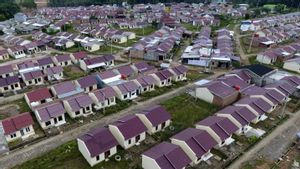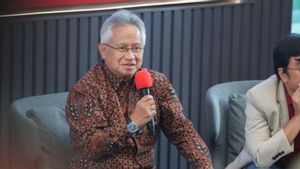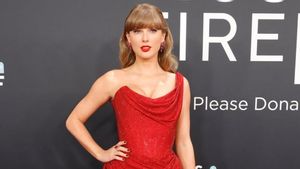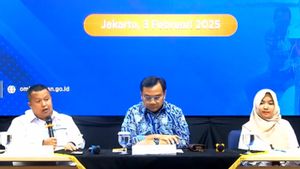JAKARTA Economic uncertainty is one of the most frequently discussed issues since last year. Due to this uncertainty, the No Buy Challenge movement emerged, which first echoed at the end of last year.
The No Buy Challenge 2025 campaign marked TikTok and spread to other social media. The hashtag #NoBuyChallange has also been used for nearly 50 million times on TikTok.
The wave of campaigns for the 2025 Buy Challenge was motivated by economic uncertainty due to a number of government policies, ranging from the transfer of fuel oil subsidies (BBM), mandatory motor vehicle insurance, increased KRL rates based on ID cards, levies on public housing savings (Tapera) and others.
The No Buy Challenge 2025 campaign was attended, one of which was due to economic uncertainty. (Unsplash)
Not to mention the plan to increase Value Added Tax (VAT) to 12 percent, although in the end it was canceled well and only specifically for luxury goods. Economists predict this uncertain economic condition will put the working class on the brink, accompanied by the increasing number of new poor people.
Jakarta State University (UNJ) sociology lecturer Robertus Robet said the No Buy Challenge trend was a reflection of the social, economic and psychological aspects of the Indonesian people.
No Buy Challenge 2025 is a challenge that is committed not to buying non-essential goods throughout this year. Or simply put, No Buy Challenge invites the public not to easily spend money to buy items that are not really needed.
Campaigns like this are actually not new, because in the era of the COVID-19 pandemic a similar campaign had also gone viral. At that time this campaign was mostly used by netizens abroad. The purpose of this movement is savings in the midst of a sluggish economy. Netizens traded used clothes and skin care products that were not used or were left behind.
Although the pandemic has passed, the No Buy Challenge campaign is still considered relevant today. This movement challenges individuals to reduce excessive consumption, save money, and promote a minimalist lifestyle.
In addition, the No Buy Challenge campaign helped to think wisely before buying. By buying less new items, the No Buy Challenge 2025 will not only have an impact on the economy, but also reduce the waste and carbon footprint resulting from the production and delivery of goods.
One of the people actively campaigning for the 2025 Buy Challenge is Cempaka Asriani, on the @Casriani Instagram account. In one of his uploads, he mentioned several lists of items that did not need to be purchased, or at least reduced, during 2025.
"Makeup or skincare before it runs out, you don't have to buy it. So it really reaches the emptyness. Really opened the jar, cleaned the matches, when you finished buying them again," said Cempaka.
But basically each individual has a different list of items that should not be purchased or reduced this year. In addition to makeup and skin care products such as Cempaka, other items that are also included in the No Buy Challenge list include clothing, shoes, and food.
The reasons are also diverse, ranging from disciplining oneself in shopping, more environmentally crowded, to worrying about economic uncertainty in 2025.
For some people, this trend seems to go against the flow because social media platforms are a forum for advertising consumers. Therefore, some netizens decided to no longer follow online store accounts as a way to refrain from buying goods impulsively.
UNJ sociological lecturer Robertus Robet mentioned several things behind the recent popular No Buy Challenge campaign. He also considered this to be a reflection of the social, economic and psychological aspects of the Indonesian people.
"This is only a middle class trend that has an impact on the economy and the capitalism industry, there is no evidence," Robertus Robet.
This campaign, according to Robertus, is a middle-class rational response with financial awareness, especially after strengthening the economy.
SEE ALSO:
Abuatan ekonomi adalah sistem ekonomi yang sedang meninggi dunia di mana pasar kerja kerja lepas atau kontrak jangka pendek.
"People will further emphasize the calculation of financial spending to save because they are facing uncertain work situations," said Robertus.
In an increasingly difficult economic context or financial uncertainty, this challenge could be a way for individuals to face economic pressure, such as inflation or rising cost of living.
In addition, the No Buy Challenge 2025 campaign can be considered a moderate criticism of the culture of consumerism. The public is increasingly aware of the environmental crisis that has often been discussed in recent years.
The English, Chinese, Japanese, Arabic, and French versions are automatically generated by the AI. So there may still be inaccuracies in translating, please always see Indonesian as our main language. (system supported by DigitalSiber.id)
